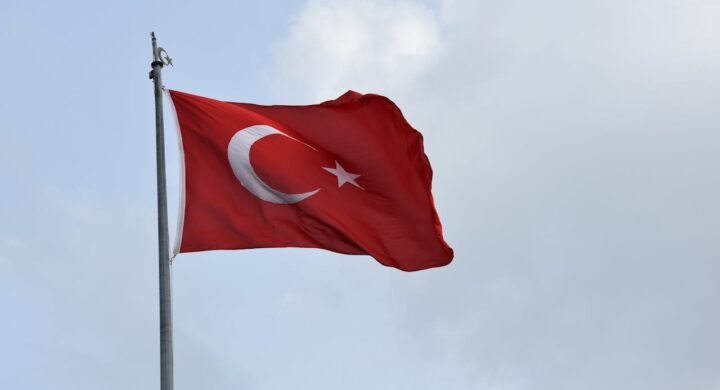Pressures on the Children of Purged Public Servants (KHK)
As the SRL Association, we have submitted a report to the Swiss State Secretariat for Migration (SEM) to inform them about unlawful judicial operations targeting the children of individuals dismissed by Emergency Decrees (KHK) in Turkey.
1. INTRODUCTION
On May 6, 2025, a large-scale security operation was carried out simultaneously across 47 provinces in Turkey, coordinated from the central province of Gaziantep. Detention warrants were issued for 208 individuals alleged to be affiliated with the organization publicly referred to as the “FETÖ/PDY armed terrorist group.”
What stands out is that the detentions primarily targeted the children of former public servants who were dismissed from their jobs by emergency decree laws (KHK) following the coup attempt on July 15, 2016.
The fact that most of the detainees are between the ages of 18 and 25 suggests a pattern of systematic victimization directed toward the second generation.
2. LACK OF LEGAL BASIS AND RIGHTS VIOLATIONS
The individuals targeted in the operation are not being charged with serious crimes supported by concrete and individualized evidence. Instead, routine aspects of their lives such as travel abroad, social connections, and daily practices have been used as grounds for accusations.
In public statements made by the Turkish Minister of Interior, it was revealed that participation in international education programs like Erasmus or traveling abroad for family visits were cited as reasons for the operation.
Those detained were denied access to legal counsel for the first 24 hours, and restrictions were placed on access to their case files. These practices clearly violate the right to a fair trial as guaranteed under Article 6 of the European Convention on Human Rights (ECHR).
During interrogations, questions were asked that infringed on personal freedoms—such as why individuals traveled abroad, how they purchased their tickets, or why they sent money to friends—thereby criminalizing the right to freedom of movement and private life.
Furthermore, family ties were included in the investigation. Legal processes or affiliations previously experienced by close relatives such as parents or siblings were used as incriminating evidence.
As emphasized in the 2023 Yalçınkaya judgment of the European Court of Human Rights, such practices violate the principle of “no punishment without law” and are incompatible with the rule of law.
3. PROFILES OF THE DETAINEES
The common characteristics of the individuals targeted in the operation are as follows:
– Young adults and university students aged between 18–25,
– Children of individuals dismissed from public service,
– Family members of individuals previously subject to legal proceedings in Turkey,
– Individuals whose family members were forced to leave the country.
It has been observed that some young people, having reached adulthood, were unable to benefit from family reunification rights in Europe and therefore traveled to third countries (e.g., the Balkans) to meet with their families. Even such instances have been used as grounds for detention.
4. AN ONGOING PATTERN OF OPERATIONS
This operation reflects a recurring pattern seen in previous incidents. For example, the “Maydanoz Döner” investigation, centered in Antalya and reported by our association to your attention on March 2, 2025, targeted private sector businesses employing individuals dismissed by KHKs.
Similarly, in another operation on May 7, 2024, 41 young individuals—including 15 minors attending high school—were subjected to similar legal actions. In these investigations, even participation in social events or religious activities was used as the basis for accusations.
5. CONCLUSION AND RECOMMENDATIONS
The Gaziantep-centered operation demonstrates that security policies in post-2016 Turkey affect not only individuals but also their family members—especially their children.
Fundamental rights such as freedom of movement, privacy, access to education, and respect for family life are being violated, putting the future of second-generation individuals at serious risk.
In light of this report, our organization strongly recommends that such incidents be taken into account in asylum claims made by individuals subjected to similar conditions.
These cases clearly show that people can be targeted solely due to family ties or social relationships, in a context where security policies override legal safeguards.
It is also crucial for international human rights bodies to closely monitor these systematic violations in Turkey and to take appropriate action.
These practices are leading individuals to be completely excluded from society, resulting in what can be described as a process of “social death.” In fact, the situation has reached a point where even the “right to life” is under threat.
Board of Directors of Security
Studies and the Rule of Law Association




